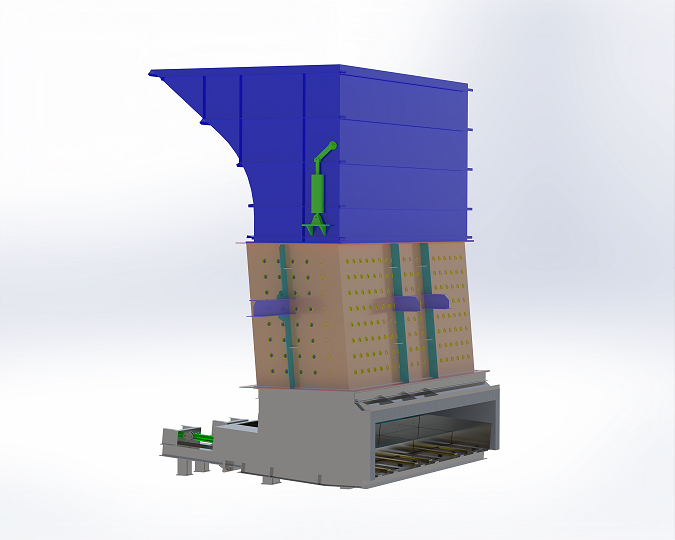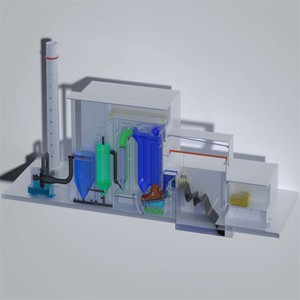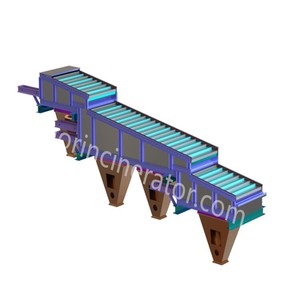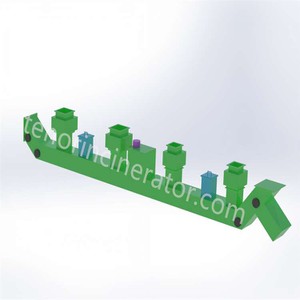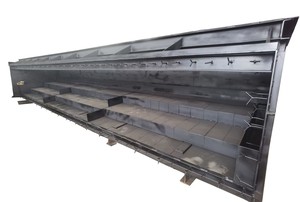Measures for Shutdown Maintenance
Shutdown maintenance is an important measure to ensure that the boiler remains in good condition during the shutdown period, mainly to prevent the metal parts of the steam-water system from being corroded by dissolved oxygen. The following are detailed shutdown maintenance methods:
1. Short-term cold standby maintenance - water pressure overflow method
For boilers that are out of service for a short period of time, it is recommended to use the feed water pressure overflow method for maintenance. The specific steps are as follows: Reduce the boiler water concentration: Before shutting down the boiler, fully open the regular sewage points to drain water to reduce the impurity concentration in the boiler water.
Close the valve and lock it: After shutting down the boiler, tightly close the main steam valve, bypass valve and steam main pipe steam inlet valve, and lock them to ensure safety.
Maintain the overflow volume: When the steam pressure drops to 0.2MPa, open the drum air valve, saturated steam sampling valve, etc. to feed water to the boiler, and maintain the overflow volume of the saturated steam sampling tube at 50~200L/h.
Boiler water testing: During the maintenance period, the boiler water content should be tested every shift to ensure that the water quality is qualified.
Maintain the drum pressure: During the maintenance period, the drum pressure should be maintained at 0.5~1.0MPa to avoid pressure loss or overpressure.
2. Inspection and maintenance of pressure-bearing parts - hot furnace water drying method
When the boiler needs major or minor repairs or temporary overhaul of pressure-bearing parts, the hot boiler water draining and drying method can be used. The steps are as follows:
Reduce heat loss: After the boiler is shut down and decoupled, close all door holes and air dampers. Drain water and dry: When the steam pressure drops to 0.3-0.5MPa, drain all the boiler water and use the residual heat in the furnace to dry the metal surface.
Close the connecting valves: Close all valves connected to the public system tightly.
3. Long-term standby maintenance
For boilers that have been out of service for a long time, the desiccant method can be used for maintenance, or the hydrazine method or ammonia liquid method can be used to prevent corrosion of metal parts according to the specific situation.
4. Steam pressure method maintenance
This method is suitable for occasions where a certain steam pressure needs to be maintained. The steps are as follows:
Reduce heat loss: Close all door holes and air dampers after stopping the furnace. Maintain steam pressure: If the pressure is lower than 0.5MPa, the adjacent furnace can be used for heating to keep the steam drum pressure at 0.3-0.5MPa.
Note:
Before any maintenance operation, ensure that the boiler has been completely shut down and de-energized. During the maintenance period, regular inspections and records of relevant data should be made to ensure the maintenance effect. Different maintenance methods are suitable for different downtimes and purposes. The appropriate method should be selected according to the actual situation. When performing maintenance operations, safety regulations should be strictly followed to ensure the safety of personnel and equipment.
